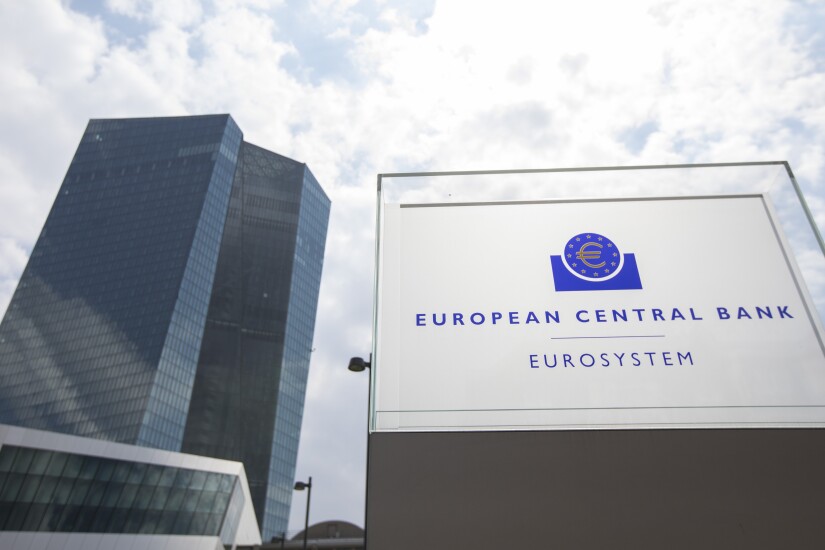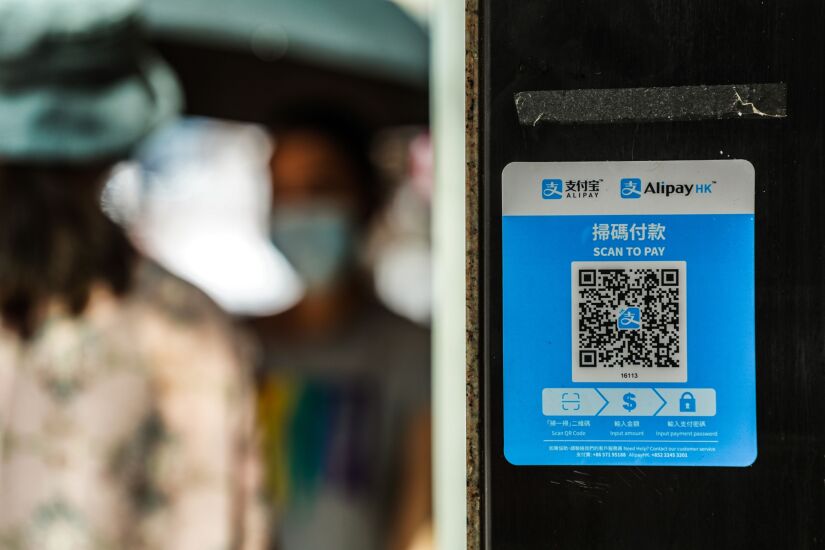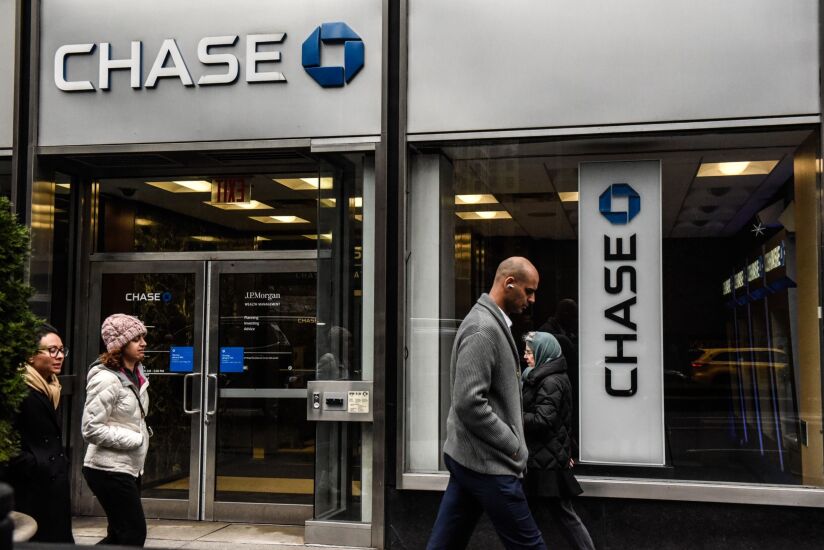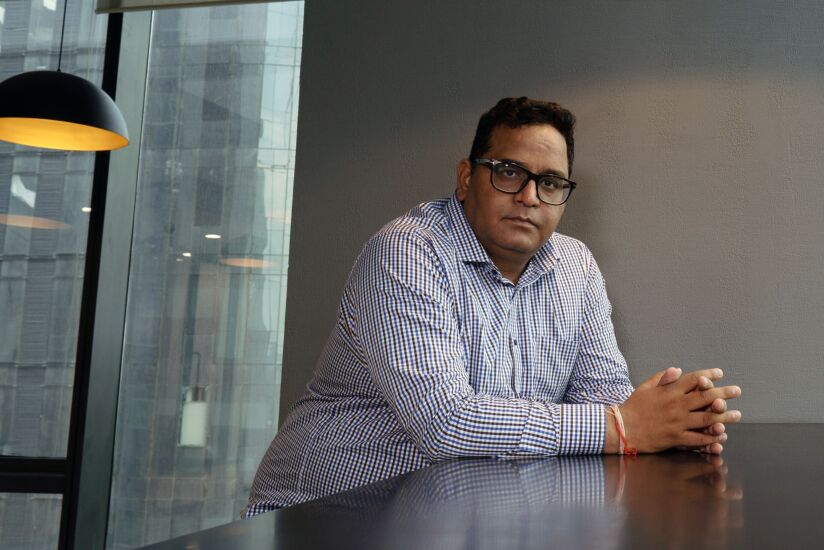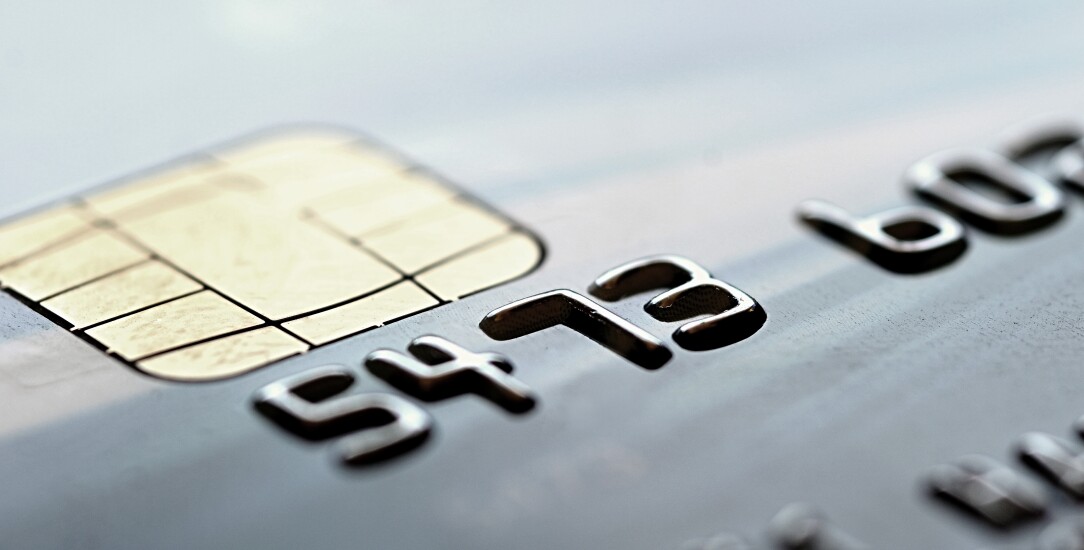In global news this week, a member of the European Central Bank's board said private sector digital coins like PayPal's could harm competitive balance, Santander makes candy harts with romance scam slogans, and more.
See what's happening around the world.
